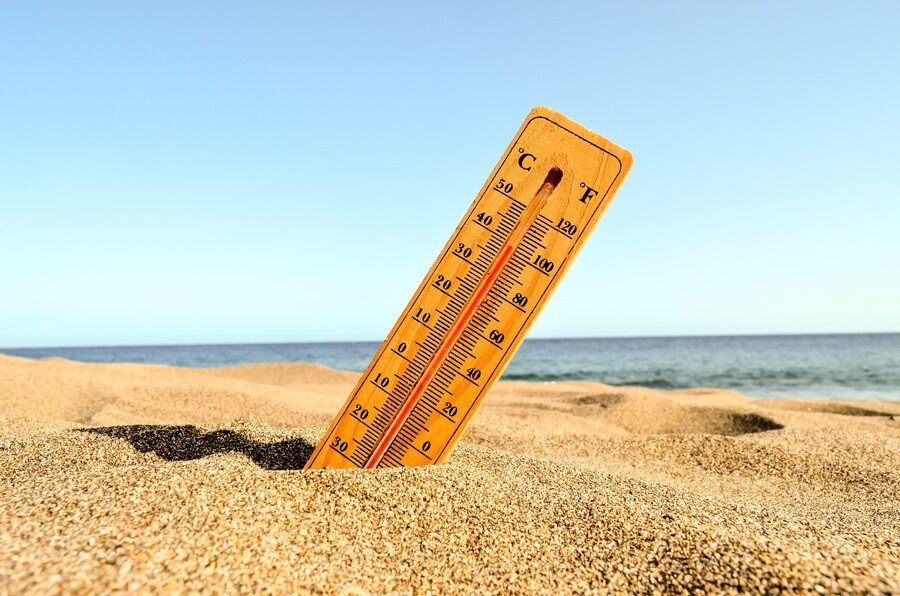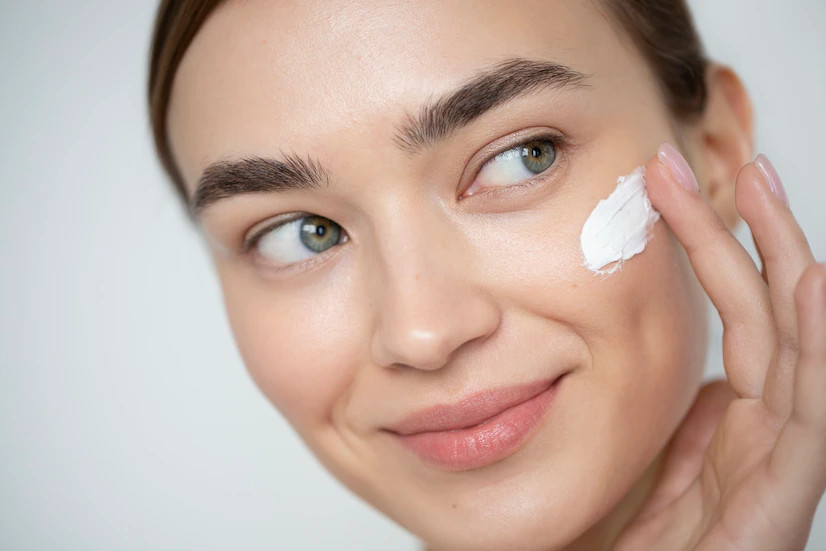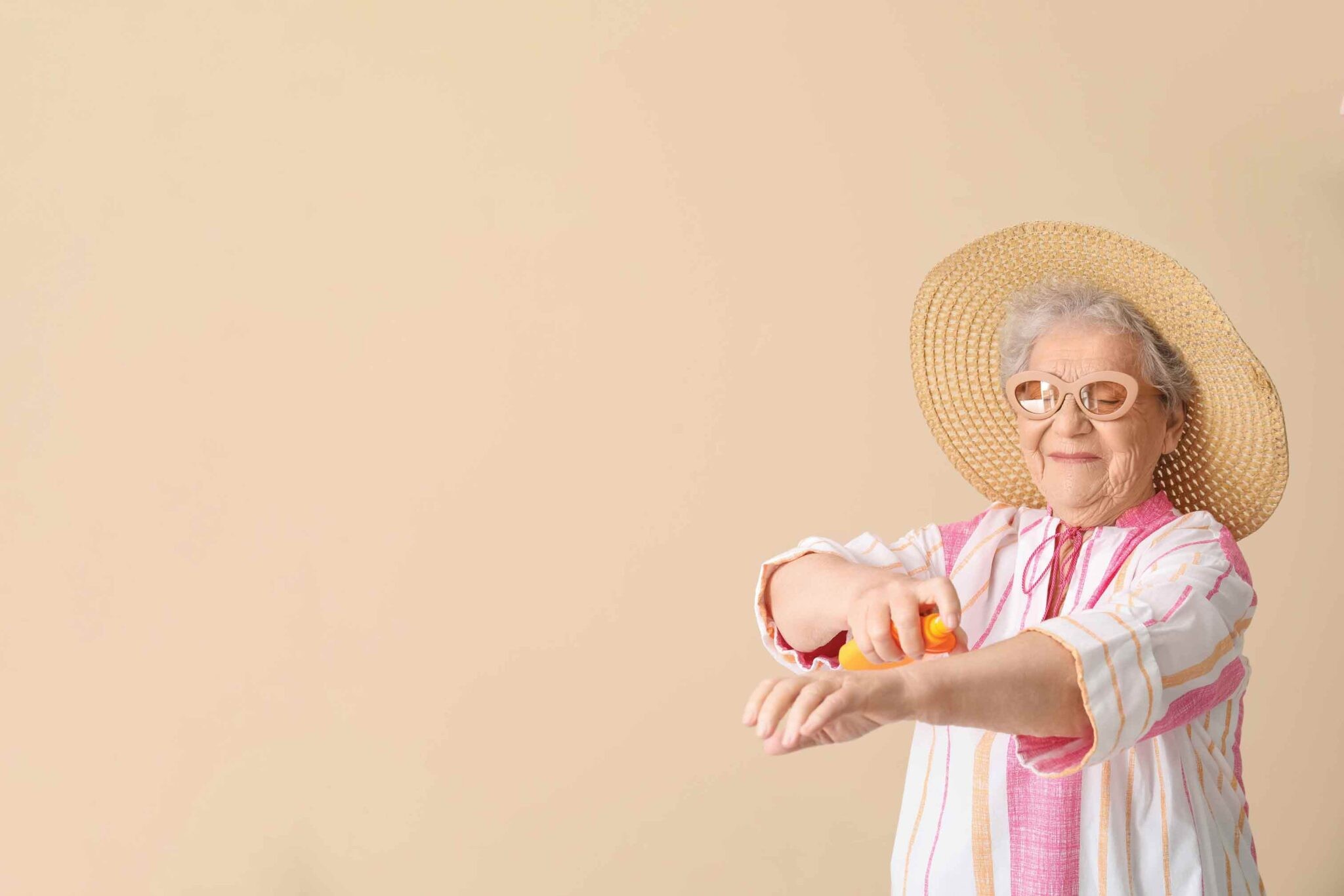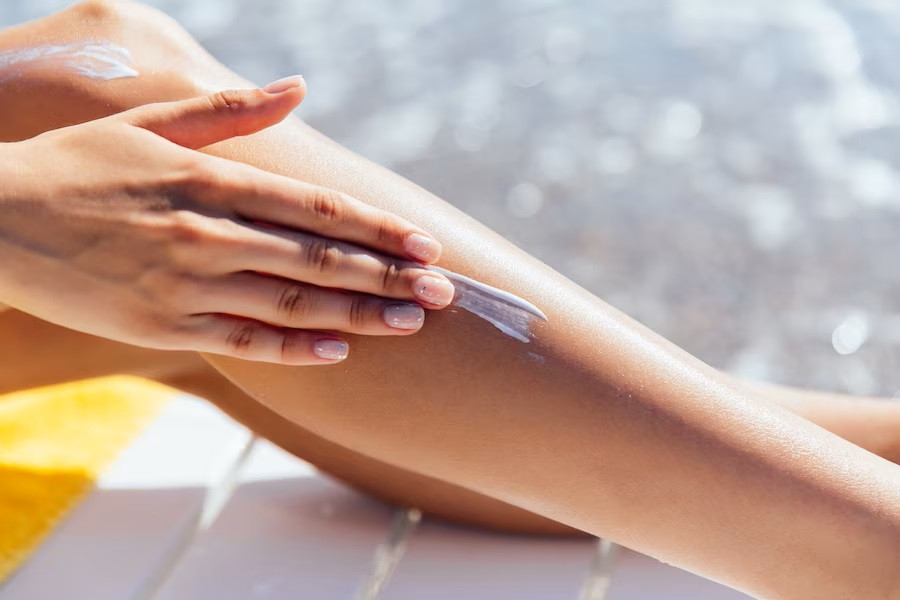Sistem pendingin ruangan seperti AC dirancang untuk menjaga suhu di dalam ruangan tetap sejuk, khususnya di tengah cuaca panas yang ekstrem. AC bekerja dengan menarik udara hangat dari dalam rumah dan menyerap panas dari udara, kemudian mengeluarkannya keluar sehingga membuat suhu lingkungan menjadi lebih dingin.
Memiliki AC selama cuaca panas bisa membantu mengurangi risiko heatstroke dan menjaga kenyamanan dalam beraktivitas di dalam ruangan. Namun, bagaimana bila di rumah atau tempat tinggal Anda tidak memiliki pendingin ruangan?
Cara Menjaga Kesehatan di Tengah Cuaca Panas Ekstrem Tanpa AC
Membatasi aktivitas di luar ruangan
Hindari aktivitas fisik berat seperti olahraga atau pekerjaan fisik berat di bawah sinar matahari selama cuaca panas. Jika memang harus melakukan pekerjaan di luar ruangan, upayakan melakukannya di pagi atau sore hari ketika suhu lebih sejuk.
Menjaga rumah agar bisa tetap berada dalam suhu ruangan
Menjaga agar suhu di dalam rumah tidak terlalu panas dan tetap berada dalam rentang suhu ruangan adalah langkah penting menjaga kenyamanan saat cuaca panas, terutama bila tidak memiliki AC. Gunakan tirai di siang hari untuk menghalangi sinar matahari langsung masuk ke dalam rumah. Hindari menyalakan kompor atau oven saat cuaca sedang panas. Saat malam atau pagi hari ketika suhu lebih sejuk, biarkan udara segar masuk untuk mendinginkan rumah.
Baca Juga: Risiko Minum Alkohol di Tengah Cuaca Panas Ekstrem
Mencukupi kebutuhan air minum
Mengonsumsi air minum dalam jumlah yang cukup sepanjang hari dapat membantu menjaga kesehatan dan mencegah dehidrasi. Air adalah kunci untuk menjaga suhu tubuh tetap stabil.
Hindari minuman berkafein yang bersifat diuretik. Selain itu, sangat penting untuk minum air sebelum Anda merasa sangat haus. Perasaan sangat haus adalah tanda bahwa tubuh telah kehilangan cairan. Saat bepergian atau berada di luar rumah, selalu bawa botol air sehingga Anda tetap bisa minum secara teratur. Perhatikan warna urine Anda. Urine yang sehat berwarna jernih atau kuning muda. Jika urine berwarna kuning gelap, Anda mungkin perlu minum lebih banyak air.
Memberikan kompres dingin
Memberikan kompres air dingin pada titik-titik strategis di tubuh adalah salah satu cara cepat mendinginkan tubuh saat cuaca panas. Gunakan handuk basah yang telah dicelupkan dalam air dingin atau bungkus kantong es dengan handuk kemudian kompreskan pada pergelangan tangan, leher, dada, dan pelipis untuk menjaga tubuh tetap sejuk.
Baca Juga: Cara Melindungi Kulit di Tengah Cuaca Panas
Memakai pakaian tipis dan menggunakan tabir surya
Pakaian yang tipis dan longgar membantu agar suhu tubuh menjadi tidak terlalu panas. Anda juga disarankan untuk memilih pakaian berwarna terang karena warna gelap dapat menyerap panas.
Oleskan tabir surya secara merata pada kulit terbuka termasuk wajah, leher, lengan, dan kaki. Tetap kenakan tabir surya walaupun cuaca mendung. Hindari beraktivitas di bawah sinar matahari pada puncak panas, yaitu pukul 10 pagi hingga 4 sore.
Waspadai gejala serangan panas atau kelelahan akibat kepanasan yang disebabkan cuaca ekstrem seperti kehausan parah, kram otot, mual, pusing, keringat berlebihan, kelelahan, sakit kepala, kebingungan dan pingsan. Segera cari pertolongan di rumah sakit apabila Anda mengalami gejala serangan panas.
Anda juga bisa memanfaatkan layanan konsultasi kesehatan dengan mengunduh aplikasi Ai Care melalui App Store atau Play Store terkait serangan panas atau gejala kesehatan akibat cuaca panas.
Mau tahu tips dan trik kesehatan, pertolongan pertama, dan home remedies lainnya? Cek di sini, ya!
- dr Hanifa Rahma
Cathy Cassata (2021). No AC? No Problem. 5 Easy Ways to Beat the Summer Heat. Available from: https://www.healthline.com/health-news/5-tips-to-beat-the-heat-if-you-dont-have-ac-this-summer
NHS UK (2022). Heat exhaustion and heatstroke. Available from: https://www.nhs.uk/conditions/heat-exhaustion-heatstroke/
Mayo Clinic (2022). Heatstroke. Available from: https://www.mayoclinic.org/diseases-conditions/heat-stroke/symptoms-causes/syc-20353581
British Red Cross (2023). Staying cool in summer: Top tips to keep cool in hot weather. Available from: https://www.redcross.org.uk/stories/health-and-social-care/first-aid/beat-the-hot-weather-top-tips-for-staying-cool
John Hopkins Medicine. Dehydration and Heat Stroke. Available from: https://www.hopkinsmedicine.org/health/conditions-and-diseases/dehydration-and-heat-stroke
Adrienne Stinson (2023). The best ways to reduce body heat. Available from: https://www.medicalnewstoday.com/articles/326235












